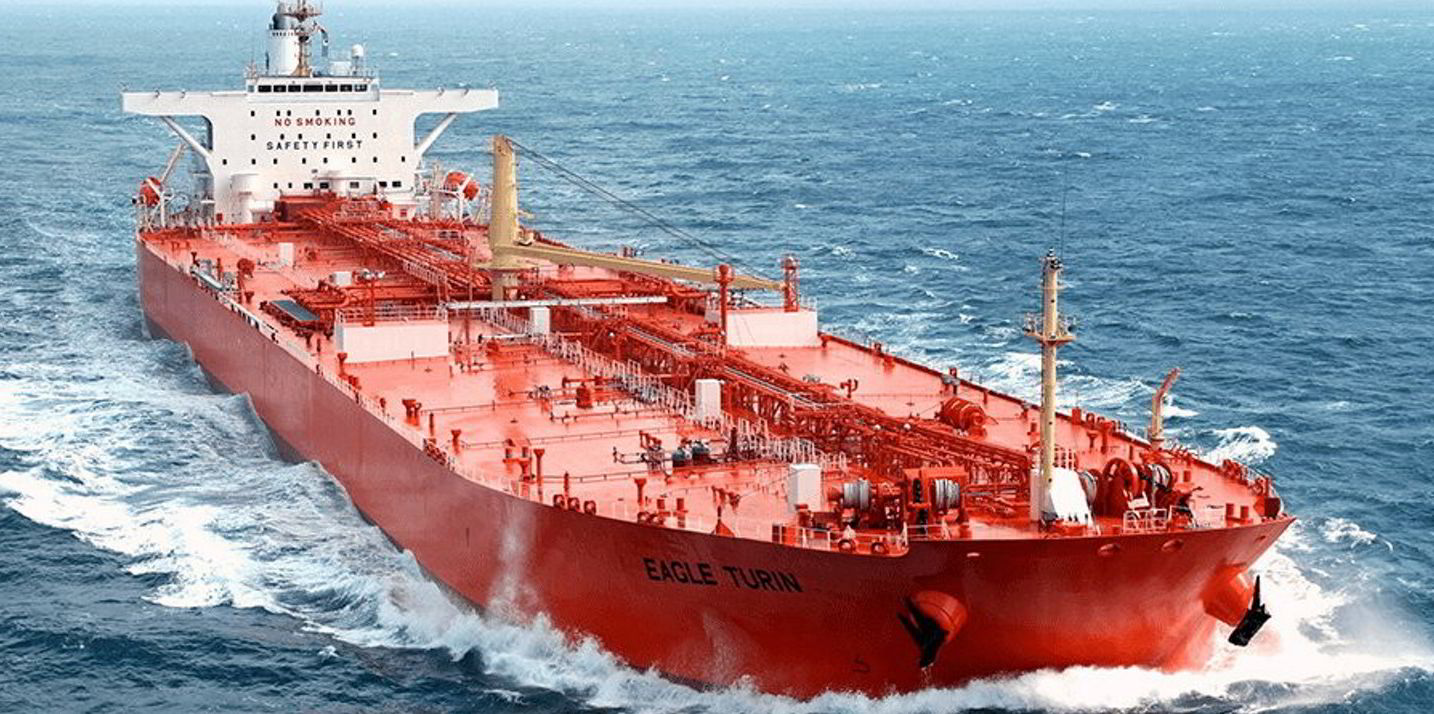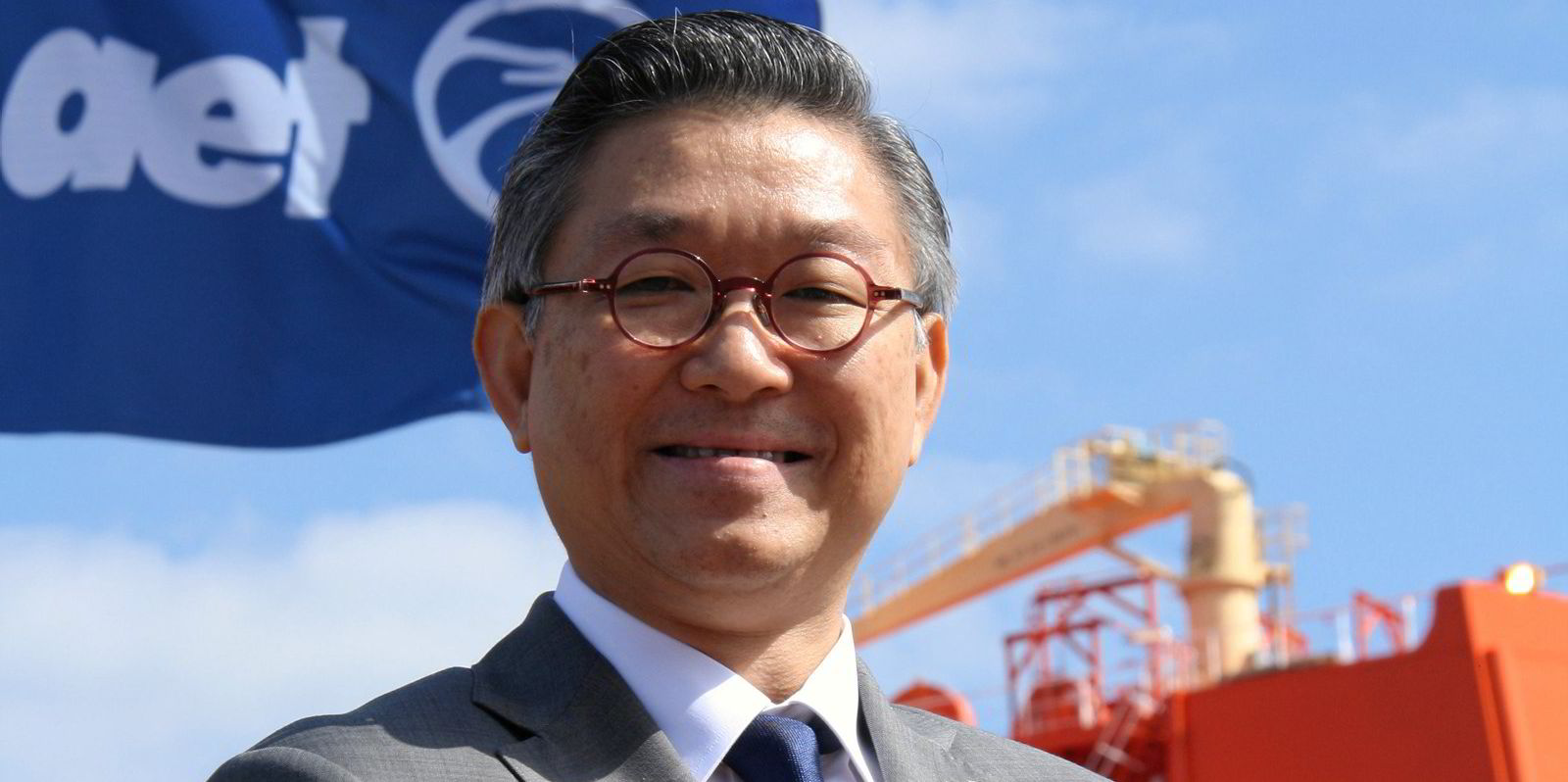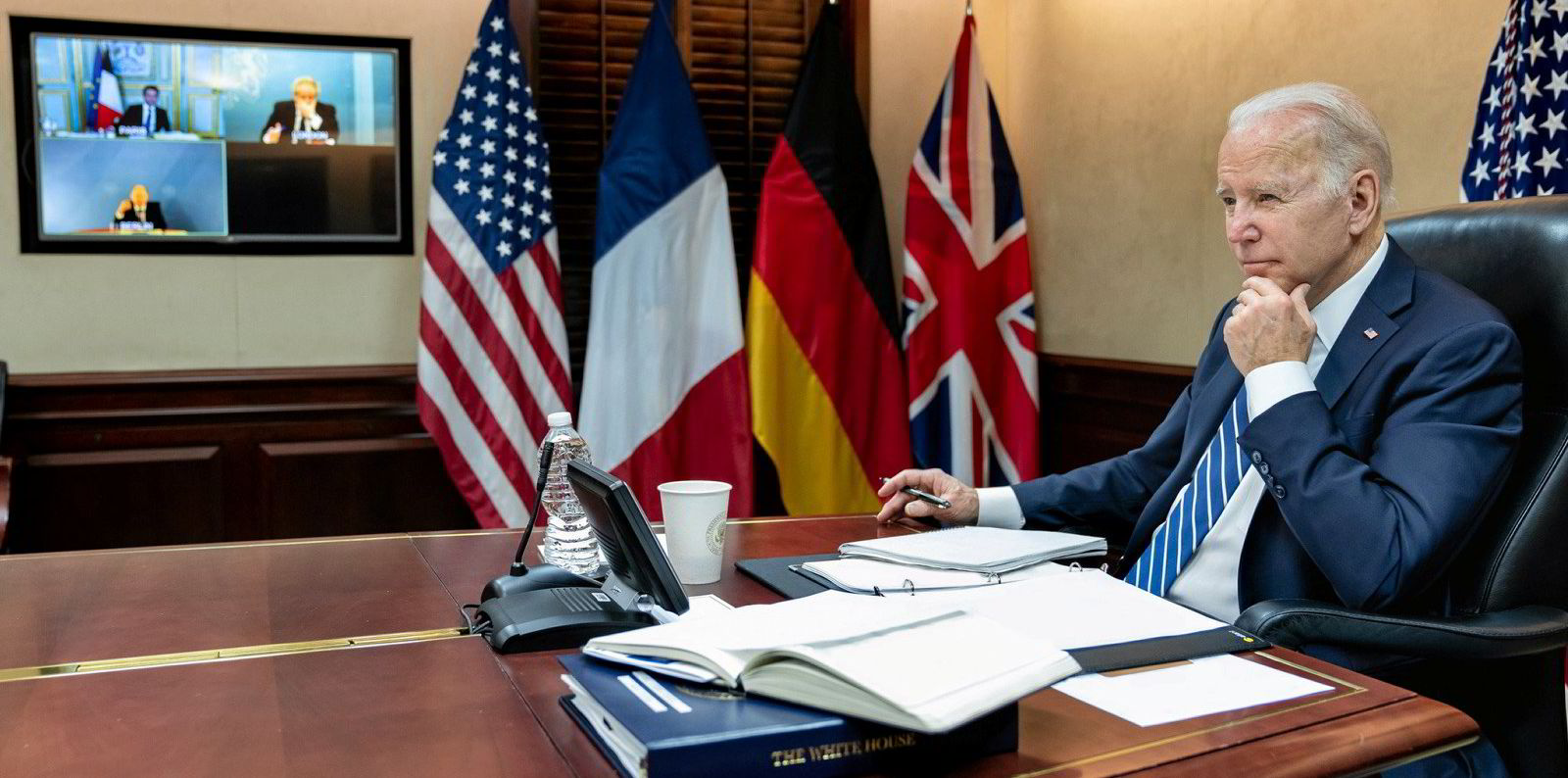Malaysian tanker owner MISC Berhad could be a key beneficiary of the current shake-up in tanker markets caused by Russia’s invasion of Ukraine.
The sanctions arising from the conflict are expected to impact most of the 3.2m barrels per day (bpd) of Russian crude exports that travel by sea.
Singapore finance house UOB Kay Hian said Europe’s rush for substitutes for sanctioned Russian cargoes has pushed up US crude demand.
“The aframax and suezmax segments exposed to the US Gulf routes benefitted the most from this,” said analyst Kong Ho Meng.
“Aframax spot rates in those longer-haul routes were last heard to have improved significantly to $37,000-$47,000 per day.”
The Yee Yang Chien-led shipowner’s fleet of 59 tankers includes 28 aframaxes, most of which ply trades in the US Gulf region.
“Even though the spike on tanker rates due to Russia sanction may be short-lived, an early return of Iranian and Venezuela crude barrels may further support tanker demand,” said Ho Meng.
However, he said this was offset by higher bunker fuel costs, and potential oil demand disruptions from China’s Covid-19 lockdowns and higher inflation pressures.
Earlier this month US president Joe Biden announced plans to add 1.5m barrels per day (bpd) of crude to global oil markets for a period of six months starting from May.
On top of 180m barrels of crude from the US, member nations of the International Energy Agency agreed to release a further 60m barrels of crude from their strategic reserves to coincide with the US’ crude sales.
Anoop Singh, head of tanker research at Braemar ACM Shipbroking, said he expects the lion’s share of US crude sold from its strategic reserves to hit export markets, which is favourable for tanker demand.
“We expect two-thirds of increased US exports to head to Europe…which will be a positive for aframax and suezmax demand in the west,” he said.





